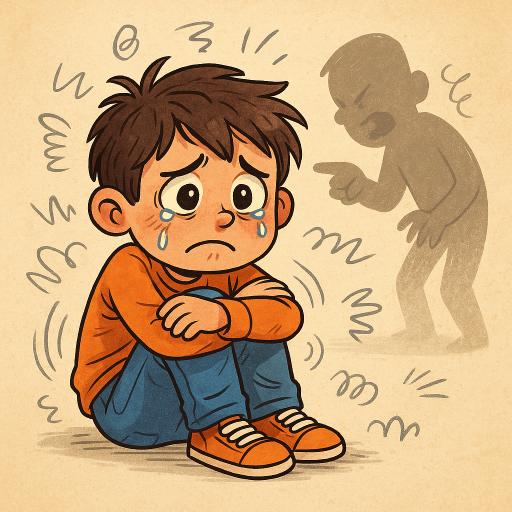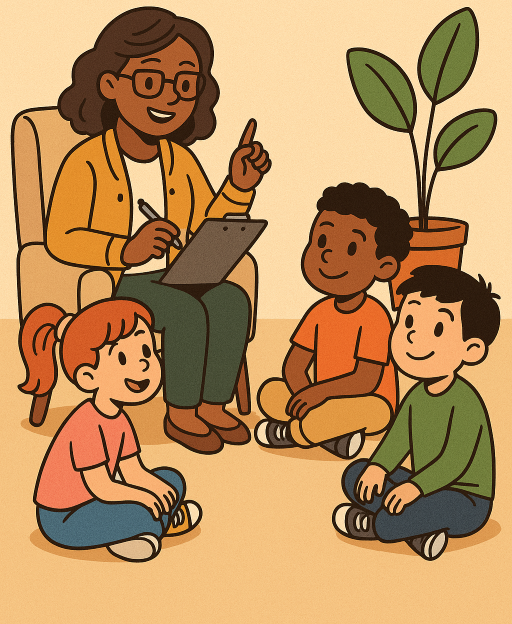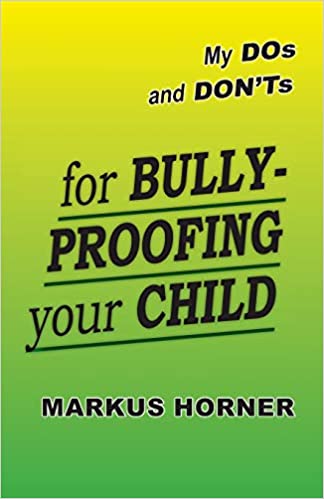Life Coaching
Life Coaching Rooted in 65+ Years of Experience with Bullying, Parenting, and Personal Growth.
- Home
- Life Coaching
Life Coaching
My Life Coaching Journey and Qualifications
I am able to recognize the many different types of bullying and how to deal with each of them appropriately.
I have more than 65 years of experience dealing with the issue of bullying.
Having been born with Tourettes, OCD, ADHD, and Neurodiversity myself, I learned how to help a wide variety of people with special issues as well as people who are classified as neurotypical.
Spending three plus years in the U.S. Navy, I learned how to deal with bullying issues that are specific to the different branches of the military.
Set numerous sales records for RCA Corporation and Computex Inc.
A lifelong history of leadership as a business owner.

First and foremost, bullying is NOT just “Boys being Boys.” It is a learned behavior. Your child has picked up the habit of bullying from someone close to him. It could be a parent or a sibling, an aunt or uncle, or even a grandparent. He/she has seen someone that he looks up to bully another person and decided to try it out for themself after they saw what kind of results it got.
This is where it is critical for you as the parent to step in and counsel your child about how inappropriate bullying is. It could even be deadly to one or both sides. There are too many instances to count where a child has been killed or has committed suicide as the result of bullying in some form. Don’t let that child be your son or daughter.
This is extremely important because it is a well-known fact that 25% of children that are involved in bullying as a child—and it does not matter whether your child is the victim or the perpetrator—will develop some kind of mental health issue as an adult. It could be depression or anxiety, increased feelings of sadness and loneliness, changes in sleep and eating patterns, or even loss of interest in activities they used to enjoy.
Being bullied as a child worsens well-being and labor market performance up to half a century later. Bullying in childhood lowers the probability of having a job throughout adulthood. Being exposed to bullying as a child raises the probability of premature death.
Learn More: Do’s and Don’ts for Parents
For those of you that would like to educate yourself even more about the subject of bullying, here is a listing of some of the more important issues your child needs to be aware of. It is by no means a complete list.
It is a book that I wrote many years before this website was even in existence.
These “Do” list’s are issues that every parent needs to know.
✅ Do’s
-
Bullying is NOT their fault.
-
Do put your child at the top of your priority list.
-
Do use positive reinforcement whenever possible.
-
Do pay attention to your child’s attitudes towards animals.
-
Do learn to recognize the different types of bullying.
-
Do learn to recognize the signs of a child that is being bullied.
-
Do learn to recognize emotional pain.
-
Do teach your child to be alert at all times.
-
Do teach your child to always do their very best.
-
Do make sure that your child’s school has an anti-bullying program in place.
❌ Don’ts
-
Don’t make promises that you cannot or will not keep.
-
Don’t engage in name-calling, particularly in front of your children.
-
Don’t ignore statements like “I just do not fit in.”
-
Don’t bully your own children.
-
Don’t blame your child for being teased, bullied, or socially excluded.
-
Don’t try to be your child’s “Best Friend”.
-
Don’t depend upon your child’s teachers to intervene.
-
Don’t accept name-calling as normal behavior.
-
Don’t bribe your child on what you want them to do.
-
Don’t believe the myths about bullying.
Additional Resources
The above is not a complete list of Do’s and Don’ts. In my book, I also include several effective ways children can protect themselves, along with explanations for why I believe each method works best.

